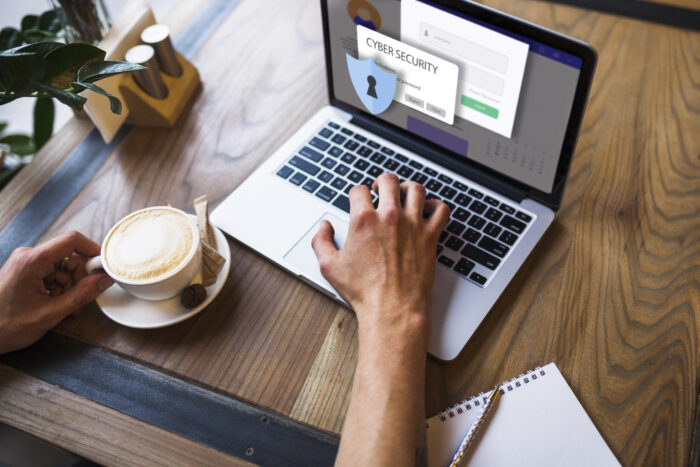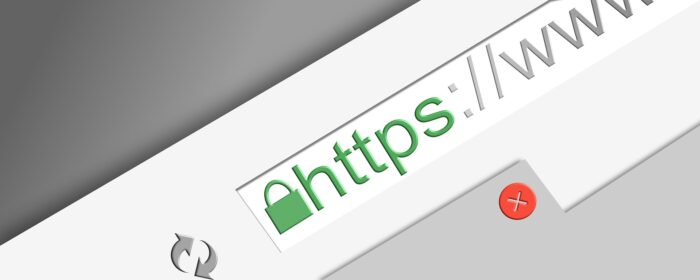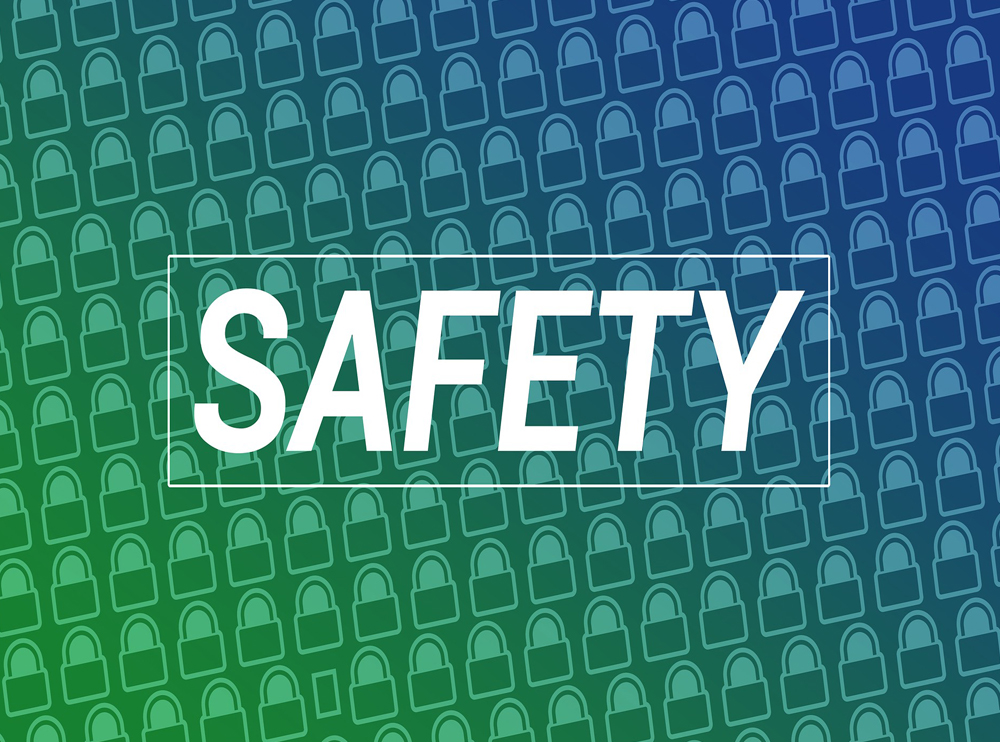Why Website Security is important?
Website security is a critical component of any website.
Website security has become a top priority for companies of all kinds due to the frequency and severity of cyberattacks. A website that lacks security is susceptible to hacking, malware, and other online dangers that can result in data breaches, lost sales, and reputational harm.
Website security will be covered in this article, along with typical risks to website security, recommended practices for website security, and tools and technologies that can assist in safeguarding your website.

Common Online Risks to Website Security:
Your website’s security is susceptible to a wide range of online threats. Here are a few of the most common:
- Malware: Software that is intended to damage a computer system is referred to as malware. Malware can be used to steal confidential data, harm systems or files, or provide unauthorised users access to a computer.
- Phishing: Phishing is the process of convincing people to divulge private information, including login credentials or credit card data, by assuming the identity of a reliable organisation.
- Brute force assaults: In brute force attacks, every conceivable username and password combination is tried until the right one is discovered.
- This kind of attack is frequent on websites without strict password policies or criteria for password strength.
- DDoS (Distributed Denial of Service) attacks: A DDoS (Distributed Denial of Service) attack aims to take down a website by flooding it with traffic from numerous sources.
- SQL injection: By inserting malicious SQL code into a database, SQL injection is a sort of attack that takes advantage of flaws in web applications.

Why Website Security is important – Best Practices for Website Security:
There are a number of best practises you can adhere to to increase the security of your website, including:
- Utilize HTTPS whenever possible. HTTPS (Hypertext Transfer Protocol Secure) encrypts data sent between a user’s browser and a website, helping to prevent data interception and tampering. HTTPS is now a necessary component for website security and SEO because Google rewards sites that employ it with higher rankings.
- Maintain software up to date: Ensure that all software, including your CMS, plugins, and themes, that is used on your website is current. A typical point of entry for hackers to access a website is outdated software.
- Employ complicated passwords that are made up of a combination of letters, numbers, and symbols. 4. Enforce strong password policies.
- Install two-factor authentication (2FA): Two-factor authentication (2FA) requires users to submit two kinds of identity, such as a password and a code texted to their mobile phone, and provides an additional layer of protection to the login process.
- Make use of a web application firewall (WAF): A WAF can help thwart frequent web application assaults like SQL injection and cross-site scripting (XSS).
- Periodically back up your data to prevent data loss in the event of a cyberattack or other disaster. This includes all files and databases on your website.

Technologies and Tools for Website Security:
A variety of technologies and products are available that can help to increase the security of your website. Here are a few of the most widespread:
- SSL/TLS certificates: SSL/TLS certificates encrypt data transferred between a user’s browser and a website, preventing data interception and alteration. SSL/TLS certificates are a crucial part of securing websites.
- Content security policy (CSP): CSP is a security standard that enables website owners to specify a whitelist of legitimate content sources, thereby assisting in the prevention of cross-site scripting (XSS) attacks.
- Web application firewalls (WAFs) can assist defend against frequent online application assaults like SQL injection and XSS.
- Security plugins: By checking for vulnerabilities and viruses, enforcing strict password requirements, and keeping an eye out for unusual activities, security plugins can help increase the security of websites.
- Malware scanners: These tools can assist in finding and removing malware from your website.
- Vulnerability scanners: These tools can help you find security holes in your website and offer solutions to fix them.
- Tools for access control can help you manage who has access to your website and what they can do there.
- Backup and recovery tools: With the aid of backup and recovery tools, you can make sure that the data on your website is frequently backed up and can be restored in the event of a catastrophe or cyberattack.





